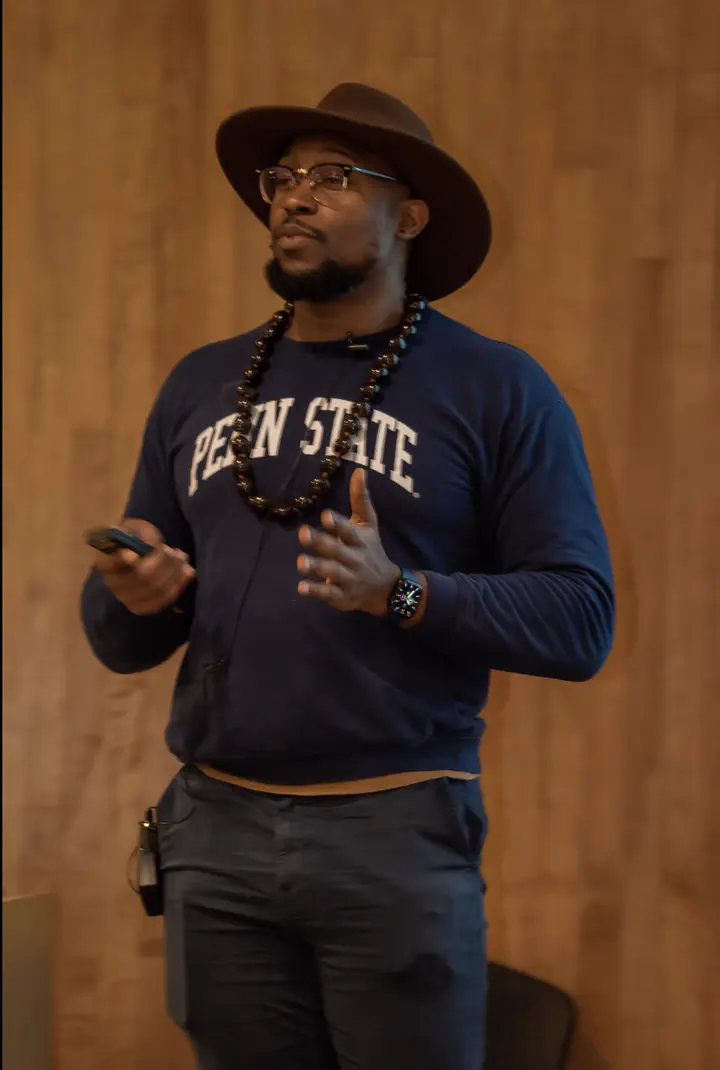 Image credit: Limeng Cui
Image credit: Limeng CuiAbstract
At the 2023 Panapa Professional Alliance Conference, I presented one of my research on combating the spread of fake news in low-resource and multilingual settings. As false information increasingly moves across languages, AI-powered fake news detectors trained solely on high-resource languages like English struggle with generalizability. I discussed a case study focused on COVID-19 misinformation circulating in Caribbean countries to showcase this challenge. Through my presentation, I made the case for developing cross-lingual fake news detection models capable of serving users across languages. My talk covered issues around longtail knowledge gaps, translation inadequacies, and the need for representative multilingual data. At the time of this Talk, I was a 2nd-Year PhD student at Penn State working on the frontiers of natural language processing, cybersecurity and cross-lingual understanding. My work unveils the challenges and solutions in using AI and machine learning to identify fake news in multilingual contexts, underscoring the need for more inclusive and effective technological approaches in this ever-evolving field.
Slides can be added in a few ways:
- Create slides using Hugo Blox Builder’s Slides feature and link using
slidesparameter in the front matter of the talk file - Upload an existing slide deck to
static/and link usingurl_slidesparameter in the front matter of the talk file - Embed your slides (e.g. Google Slides) or presentation video on this page using shortcodes.
Further event details, including page elements such as image galleries, can be added to the body of this page.